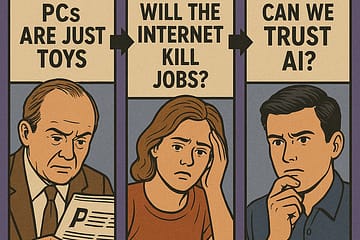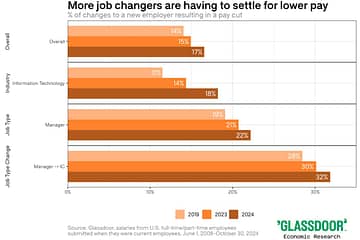Introduction: Fear at First Light
When Thomas Edison introduced the practical incandescent light bulb in 1879, society didn’t instantly flip the switch. While the promise of clean, reliable lighting was evident, it met stiff resistance, particularly from entrenched gaslight companies, wary consumers, and critics questioning the safety and infrastructure needed for electricity. Concerns about cost and reliability fueled public skepticism.
Adoption Took Time, Not Magic
Electric lighting didn’t take over overnight. By the early 1900s, urban areas began embracing it. Still, it wasn’t until the mid-20th century that household adoption became nearly universal. This timeline reminds us: even world-changing innovations move at the pace of trust, not just technology.
We Paid Some Costs. And Reaped Bigger Rewards.
Yes, the electric light bulb displaced entire industries and increased energy consumption. But it also extended the productive day, made homes and streets safer, and helped build the modern, electrified city. Suddenly, factories could operate around the clock. Students could study after dark. Entire economic systems adjusted to a world no longer ruled by the sun.
Proof in the Data
Electric lighting fundamentally changed society. Today, over 90% of U.S. households use energy-efficient bulbs thanks to continued innovation and regulation. The emergence of the electric grid, electrical codes, and utility standards made the system safer, more scalable, and vastly more efficient.
We Faced Fears, And Built Better Systems
As with the light bulb, society didn’t just adapt; it built infrastructure to support safety and fairness. Regulations emerged. Efficiency improved. Gains were maximized through grid innovation and consumer protections.
A Parallel to Today’s AI Anxiety

Much like in Edison’s era, today’s fears about AI are real… but not unprecedented. Concerns about safety, job loss, and inequality must be taken seriously. But they shouldn’t eclipse the immense opportunity AI presents. If we design thoughtfully, regulate smartly, and stay focused on long-term impact, we can illuminate a better future.
—
- DOE: https://www.energy.gov/articles/history-light-bulb
- Britannica: https://www.britannica.com/technology/lightbulb
- Smithsonian: https://americanhistory.si.edu/lighting/


